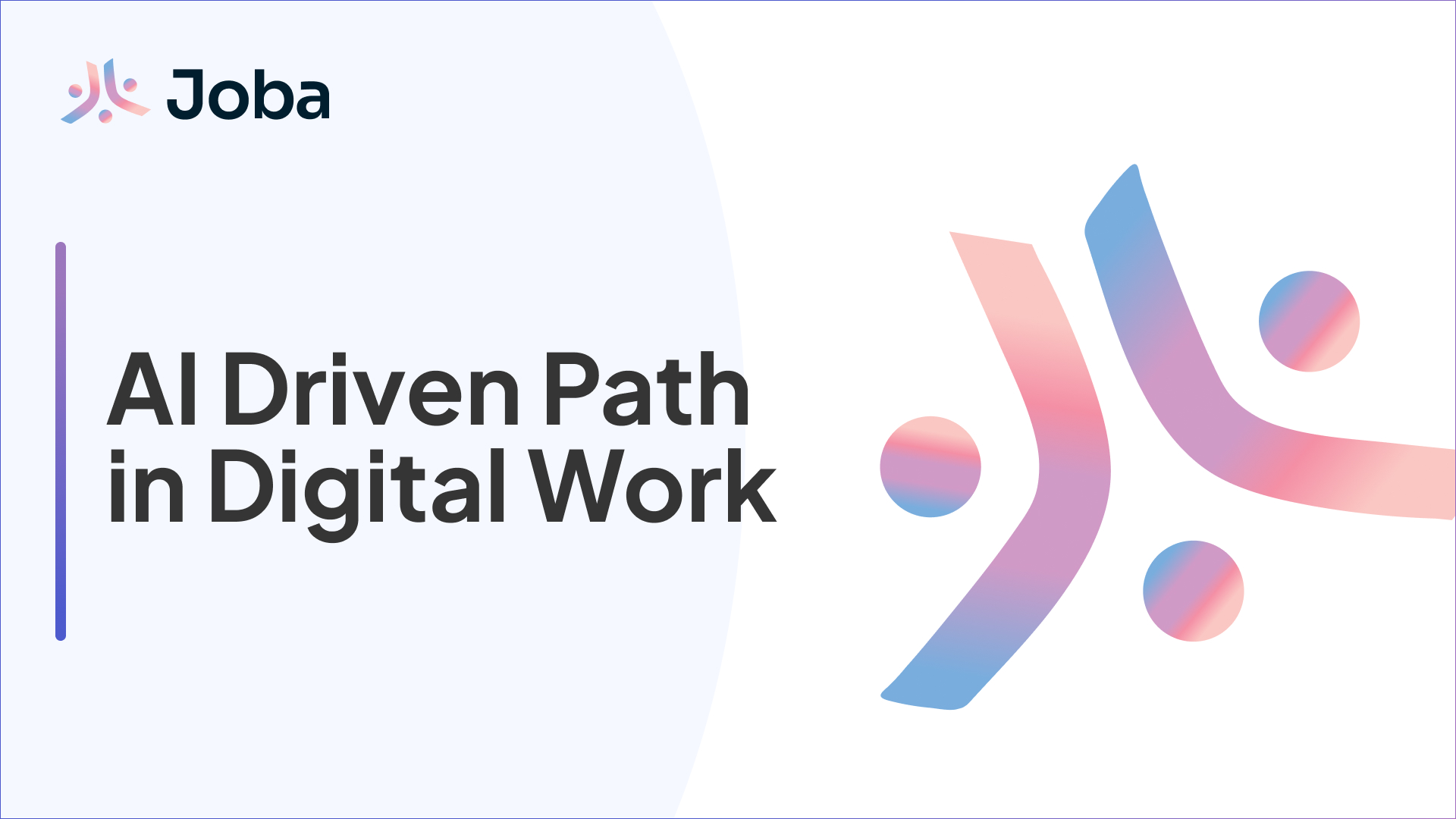Tomorrow's Workspace: Navigating the AI-Paved Path in Digital Work

The evolution of the digital workspace is unfolding at an astonishing pace, primarily propelled by the relentless progression of artificial intelligence (AI) technologies. As businesses worldwide grapple with the imperatives of the digital era, gaining profound insights into how AI is molding the workspace of the future isn't merely a luxury; it has become an absolute necessity for sustaining competitiveness. In this comprehensive article, we embark on an exploration of the profound impacts of AI on the workspace and endeavor to provide invaluable guidance on successfully navigating the AI-driven terrain.
The Ascendancy of AI in the Workspace
1. The Automation Revolution
The advent of AI-driven automation is revolutionizing workplaces by assuming control over tedious, repetitive tasks that once consumed considerable human hours. This seismic shift liberates employees to channel their energies toward more strategic, imaginative facets of their professional roles.
2. Augmented Decision-Making
AI systems, equipped with their capacity to process vast volumes of data swiftly, furnish organizations with actionable insights. This newfound capability has a transformative influence on decision-making across all echelons of an enterprise.
3. Enhanced Customer Experiences
The emergence of AI-powered chatbots and virtual assistants has redefined customer interactions, bestowing upon them a personalized touch available around the clock. These digital aides elevate the quality of customer support to unprecedented levels.
The Metamorphosis of Job Roles
1. AI-Powered Collaborators
AI tools are increasingly assuming the mantle of integral collaborators in the workplace, seamlessly assisting employees in their daily undertakings. From generating content to conducting data analysis, AI is steadily augmenting human competencies.
2. The Emergence of New Skillsets
As AI shoulders the responsibility for routine tasks, the onus falls on employees to upskill themselves in domains like data analysis, critical thinking, and problem-solving to remain pertinent in the evolving landscape.
3. Shifting Career Trajectories
Certain job roles may succumb to obsolescence while new, AI-centric positions revolving around management and oversight of AI systems will rise in prominence.
Guiding the Way on the AI-Crafted Journey
1. Embrace Lifelong Learning
Uninterrupted learning stands as a cornerstone of success in this AI-infused era. Commit to investing in ongoing training and education to keep abreast of the ever-evolving AI landscape and to amass pertinent competencies.
2. Collaborate Harmoniously with AI
Develop the proficiency to operate in tandem with AI systems. Acquaint yourself with their capabilities and adeptly harness them to amplify your productivity and efficacy.
3. Ethical Contemplations
As AI integration deepens in the workspace, ethical concerns will assume heightened significance. Matters concerning data privacy, bias mitigation, and transparency will ascend to the forefront. Prepare to engage actively in dialogues revolving around these ethical quandaries.
The Prospective Landscape of Digital Labor
The workspace of the future is poised to exhibit a seamless convergence of human and AI collaboration. While AI assumes stewardship of mundane, repetitive tasks, human professionals will be unburdened to dedicate themselves to realms of innovation, creativity, and intricate problem-solving. Enterprises that wholeheartedly embrace this transformative paradigm are poised to flourish in the digital epoch.
As AI relentlessly forges ahead, illuminating the path to the workspace of tomorrow, individuals and organizations alike must adroitly adapt and evolve. Embracing AI, proactively pursuing upskilling initiatives, and prudently addressing the ethical dimensions of AI integration shall serve as the linchpins of a triumphant voyage through this transformative odyssey. The future of work is a thrilling vista, teeming with possibilities, and the only constraint on its realization lies in our willingness to embrace AI as a formidable ally in our professional odyssey.
Ready to embark on your journey in the AI-transformed workspace? Join Joba Network today and explore countless opportunities in the digital realm. Let's shape the future of work together. Click here to start your next adventure.
Frequently asked questions
No, some industries like health care and manufacturing require physical presence. But many fields, especially in tech and marketing, are well-suited for remote work.
Not necessarily. Many remote jobs offer competitive salaries and benefits.
There are various job boards dedicated to remote work, such as We Work Remotely and Remote OK.
The key is to set a routine, create a dedicated workspace, and use productivity tools to stay on track.
Tools like Slack, Zoom, and Asana are invaluable for remote work, aiding in communication and project management.




